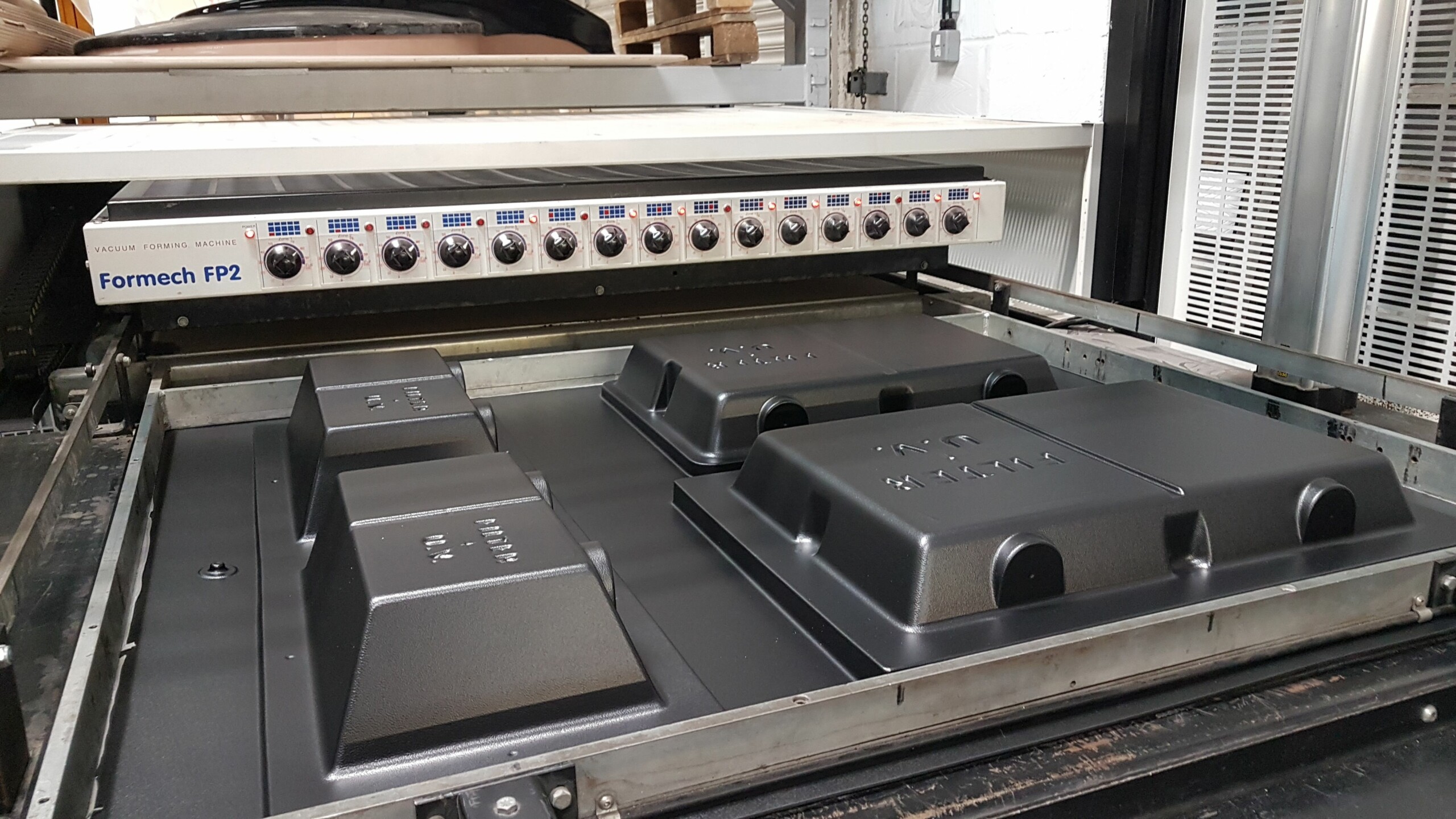
Vacuum forming is a widely used plastic molding process that involves heating a thermoplastic sheet until it becomes pliable, then using vacuum pressure to mold it over a custom mold.
Step-by-Step Vacuum Forming Process
The process begins with a thermoplastic material being heated until it reaches the ideal forming temperature. Once the material is ready, it is laid over a mold, and a vacuum is applied to pull the material tightly over the mold, ensuring the desired shape.
After forming, the material is cooled to retain its shape. The final product is then cut to remove unwanted material and prepared for assembly.
Applications of Vacuum Forming
This technique is widely used in diverse industries, including packaging, to produce specialized components. Some common products made using vacuum forming include:
- Automotive parts
- Clamshell containers
- Hospital trays
- Store signage
Why Choose Vacuum Forming?
Vacuum forming is a efficient method for producing reliable plastic parts with minimal setup expenses. Other notable benefits include:
- Quick turnaround
- Economical setup
- Customizable shapes
- Durability
Summary
Vacuum forming is a effective process that allows the creation of durable plastic products at a competitive price.
Vacuum Forming